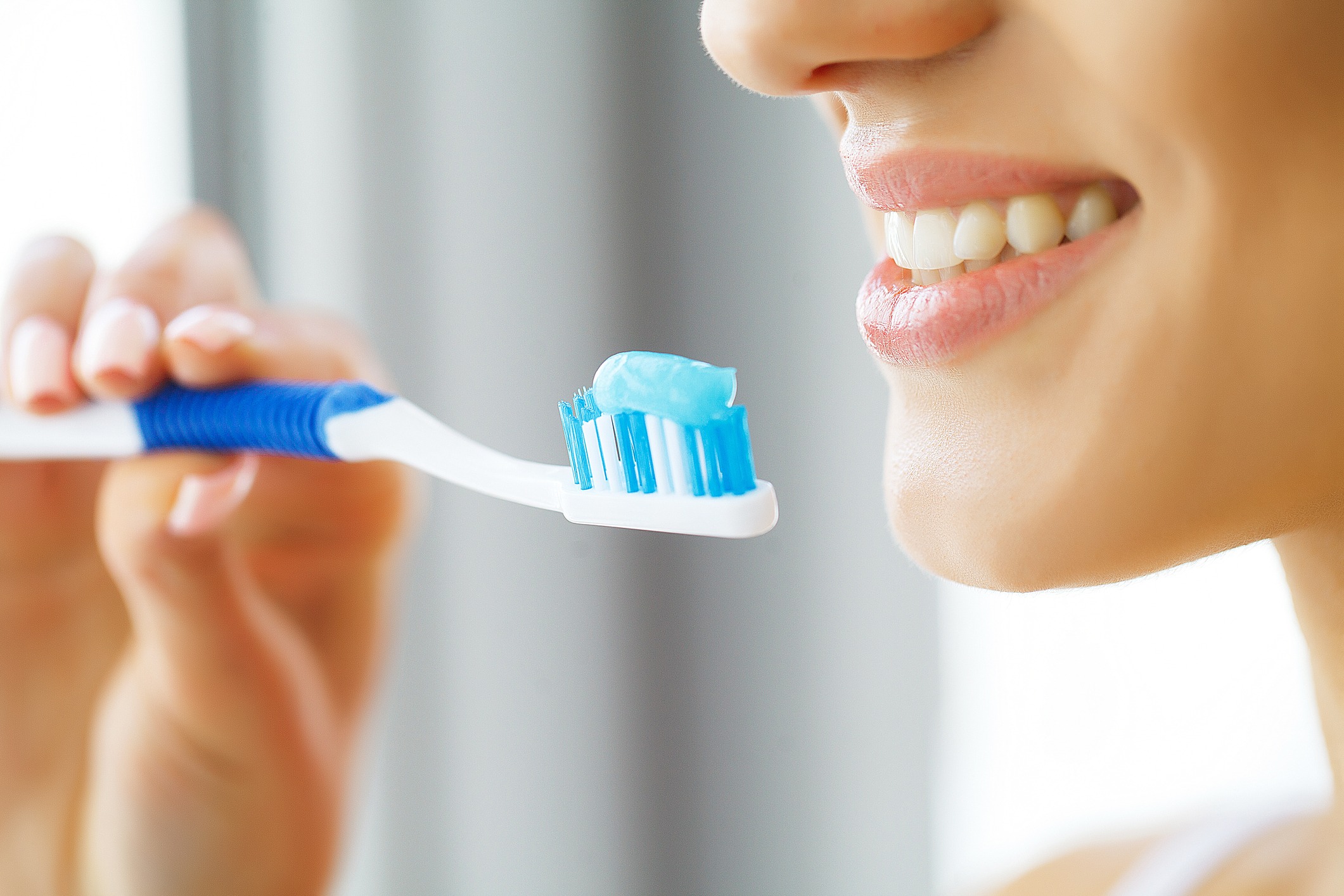Brushing and Flossing
What does good oral hygiene mean to you?
Does it mean brushing and flossing? Or maybe it means feeling that squeaky-clean sensation all around your teeth and tongue?
All are important indicators about the state of your oral hygiene — and they’re often the first thing people notice when they meet you. Getting your teeth, gums, and mouth really clean, and maintaining that healthy state throughout the day (and in the months between professional dental cleanings) can be challenging.
Of course, there’s much more to oral hygiene than just a bright smile. Take tooth decay, for example: despite all our efforts, is still the single most common chronic dental disease of childhood, affecting two-thirds of U.S. children aged 12-19. It’s five times more common than asthma, seven times more common than hay fever — and it’s almost completely preventable.

Several other diseases that affect the mouth, including periodontitis (gum disease), which, if left untreated, can lead to tooth loss and possibly systemic (whole-body) inflammation.
In many ways, the health of your mouth mirrors the health of your body. Disease in other parts of the body often cause symptoms we can observe in the mouth; likewise, oral disease (like tooth loss) not only reduces an individual’s quality of life but may lead to additional problems in other areas. That’s another reason why maintaining good oral hygiene is so important.
How Dental Visits, Brushing and Flossing Can Help You Maintain Good Oral Health
Regular dental visits play a critical role in maintaining your oral health. Not only to find and treat any problems with teeth or gums, but also to assess the general condition of your oral health. Visiting your dentist regularly can help you point out potential trouble spots, and offer you suggestions for preventive dental care. In between visits, the best way to keep your teeth clean, free of oral disease, your gums pink and healthy, and your breath fresh, is a daily oral hygiene routine.
Your regular routine should include the following:
- Complete brushing and flossing every day. You should brush at least twice a day and floss at least once daily. This will help remove plaque (a bacteria-laden biofilm) from your teeth’s surface. The bacteria in plaque can turn sugars from food into acids. This then attacks the tooth’s enamel and cause tooth decay. Some bacteria can also be the cause gingivitis and other gum diseases.
- Make sure you’re getting the proper amount of fluoride. Fluoride strengthens tooth enamel — it’s essential for children’s developing teeth, and helps prevent decay in both kids and adults. Even if your municipal water is fluoridated, you should always use fluoride toothpaste. If you need more fluoride, it can be applied directly to your teeth here at our Milford dental office.
- Limit between-meal snacks. Sugary snacks are the perfect fuel for decay-causing bacteria. When eaten throughout the day, they keep the acid constantly on the attack. So, give your mouth a break, and limit sugary treats between mealtimes.
- Use an appropriate mouthrinse — especially if you’re at increased risk. Therapeutic mouth rinses do more than temporarily mask bad smells or tastes in your mouth — they can improve your oral hygiene. While some over-the counter products offer primarily “cosmetic” benefits, therapeutic rinses contain anti-bacterial and anti-cariogenic (cavity-fighting) ingredients. Using a therapeutic mouth rinse has been proven to control plaque bacteria while preventing cavities.
- Quit tobacco. Smoked or smokeless tobacco use greatly increases your risk of oral cancer, gum disease, and tooth decay (not to mention heart disease and lung cancer… but you already knew that). If you use tobacco, ask us how to quit now.
- Examine your mouth regularly. Once you’ve established a regular dental routine, you’ll quickly recognize any changes in your mouth — like chipped teeth, red or swollen gums, or unusual sores. If you find something of concern, let us know. Early dental intervention offers the best chance to remedy many problems.

